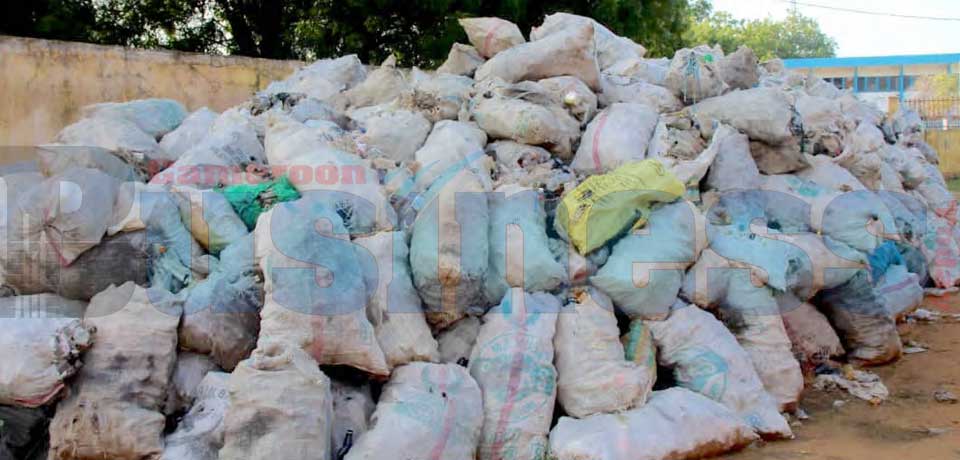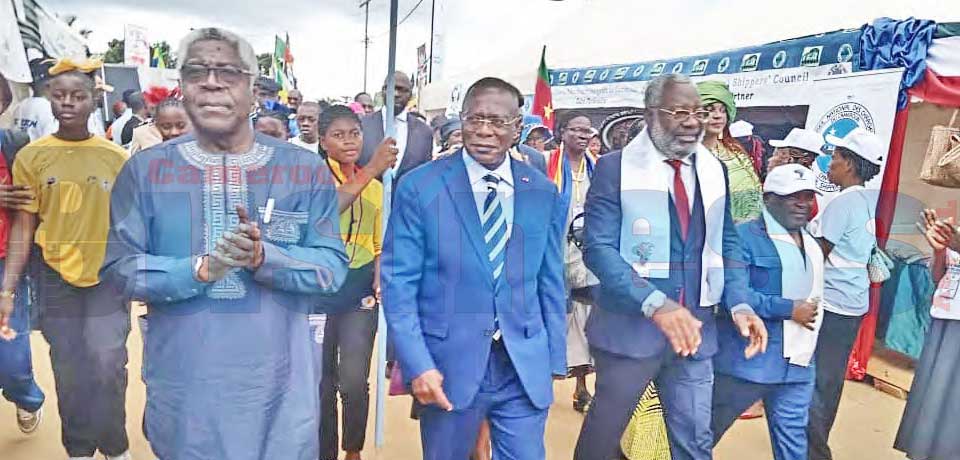Background
The Cameroon CLNG project, which entailed the cornerstone of Cameroon’s Master Gas Monetisation Plan has now been suspended by ENGIE (formally GDF SUEZ) with little prospect of revival in the short-term. Though this seems to have been partially replaced by Golar Hilli FLNG project, this development has thrown Cameroon Gas space into some uncertainty and I am arguing that there is a very strong case for this entire sector to be reviewed and reformed. It’s time for a fundamental rethink of the Cameroon Gas monetization policy. This article contains some ideas as to how this could be achieved.
Effect of Dropping Oil Prices
Goldman Sachs has estimated that more than a trillion dollars of planned hydrocarbons development projects (not just exploration) have been postponed indefinitely due to the drop in oil prices. Exploration activities, unless obligatory or synergetic to existing production operations ( i.e. low risk, quick to commercialize due to existing infrastructure) are nearly non-existent anywhere outside low-cost proven geologic basins.
Demand and Supply Forces
Globally, oil production capacity exceeds demand by several million barrels of oil per day. Prices are soft. Producers have the ability to respond rapidly to minor upturns in prices and predictably oil prices are expected to remain low (sub $50/B) beyond 2018. Even if some could argue that this prediction is very pessimistic, what’s important to note is that the Hydrocarbon industry around the world has resigned itself to a long-term low oil price environment.
This imbalance focuses producers and marketers on the impact of «efficiency» to maintain margins. Every aspect of their operations are being scrutinized and adjusted for maximum efficiency to maintain margins. As a consequence less efficient producers will lose their place in the market. Bureaucracy, corruption, taxes, currency regulations, employment regulations, infrastructure deficiencies, and contractual terms are all factors to be considered when assessing the efficiency of capital deployments.
Globally, the supply of LNG is behaving similarly. Large natural gas development projects in NW Australia, E Africa, Middle East, and Gulf Coast United States are coming on stream crowding the market and lowering prices. Most production is still sold under longer terms supply contracts but increasingly spot or short-term agreements are more common (60% of all LNG is now traded on short term basis versus 5% a decade ago) adding volatility to the market. The value of wellhead natural gas used for LNG processing is now than US$1.00 per MMBTU for the LNG produced to be marketed competively. Asia LNG spot prices now stand at $7 per MMBTU compared to a record high of $20 in February 2014.
Competitive Forces
“The best place to find Oil/Gas is where it has already been found.” Some geologic basins have a better history of success than others. Cameroon has not proved to be as “oily” or as successful a country for exploration as have some of its neighbors.
Contractual terms can provide incentives to offset the geologic risk by providing for additional reward. Countries that want their resources developed are in global competition for the interest of companies with the technology and capital to develop those resources. It seems that Cameroon is drastically falling behind as a destination for Hydrocarbon exploration. I would recommend that our contractual terms should be revisited to ensure that it continues to be competitive compared to countries with similar profiles and history. Furthermore, based on existing contracts, the Cameroon Government take from Oil production is around 70%, which looks quite high compared to other countries. May be we should also be looking at how to make this comparatively competitive.
Based on the above, it looks pretty clear that Contractual terms alone are not going to stimulate exploration in the foreseeable future.
New Licensing Round
As we speak, the National Hydrocarbons Company (SNH) has just launched yet another Licensing Round, calling for International Oil companies to manifest their interests to enter into Exploration Agreements on the advertised unlicensed Oil Blocks. It must be noted that a majority of these blocks had been advertised in the past on same sort of Rounds with little or no interests shown by any of the major Oil companies around the world, in spite of significant investments by the SNH and the government of Cameroon. Since then, the Oil Price environment has significantly deteriorated, the Laws in Cameroon stayed the same, all industry actors are unchanged in Cameroon, but we are hoping that suddenly, people would be interested in signing these same blocks. I am predicting that, everything being equal and without fundamental changes as recommended in this write up, the SNH shouldn’t expect any different results. There would be little or no interest shown by any of the major international oil companies to come explore for Oil & Gas in Cameroon.
Domestic Consumption
In Cameroon, geology has limited the potential for oil production. The old model of hydrocarbon extraction and export for hard currency still operates, but the economic returns to Cameroon for its depleting resource are poor. Investment to replace those depleting resources is not forthcoming. In Africa, Basins with better historical exploration results will see investment first. East Africa is also providing investors with much better geological exploratory opportunities. Same can be said about the Transformed Margins in West Africa around Ghana, Cote D’Ivoire, Most recently Senegal and Mauritania. Southern Africa is waking up as well to Oil Exploration in Africa with some ground-breaking, industry-opening explorations wells planned to be drilled later in 2018.
Natural gas resources are reasonably abundant in Cameroon, but focus on oil extraction and export has stifled development of natural gas resources. And there has been no incentive to develop natural gas, as there are few or no opportunities to monetize the resource when found. It’s simple logic that until anyone knows exactly where and how much his product would be sold for, they will have limited or no incentive to invest in its development and production—applies to all works of life.
Cameroon’s late entry into the LNG marketplace at a time of rapidly changing supply and demand means increased price competition for a deplet...
















Commentaires